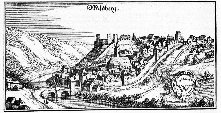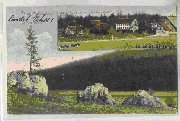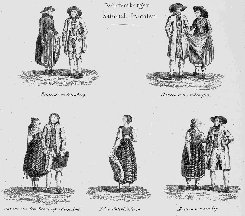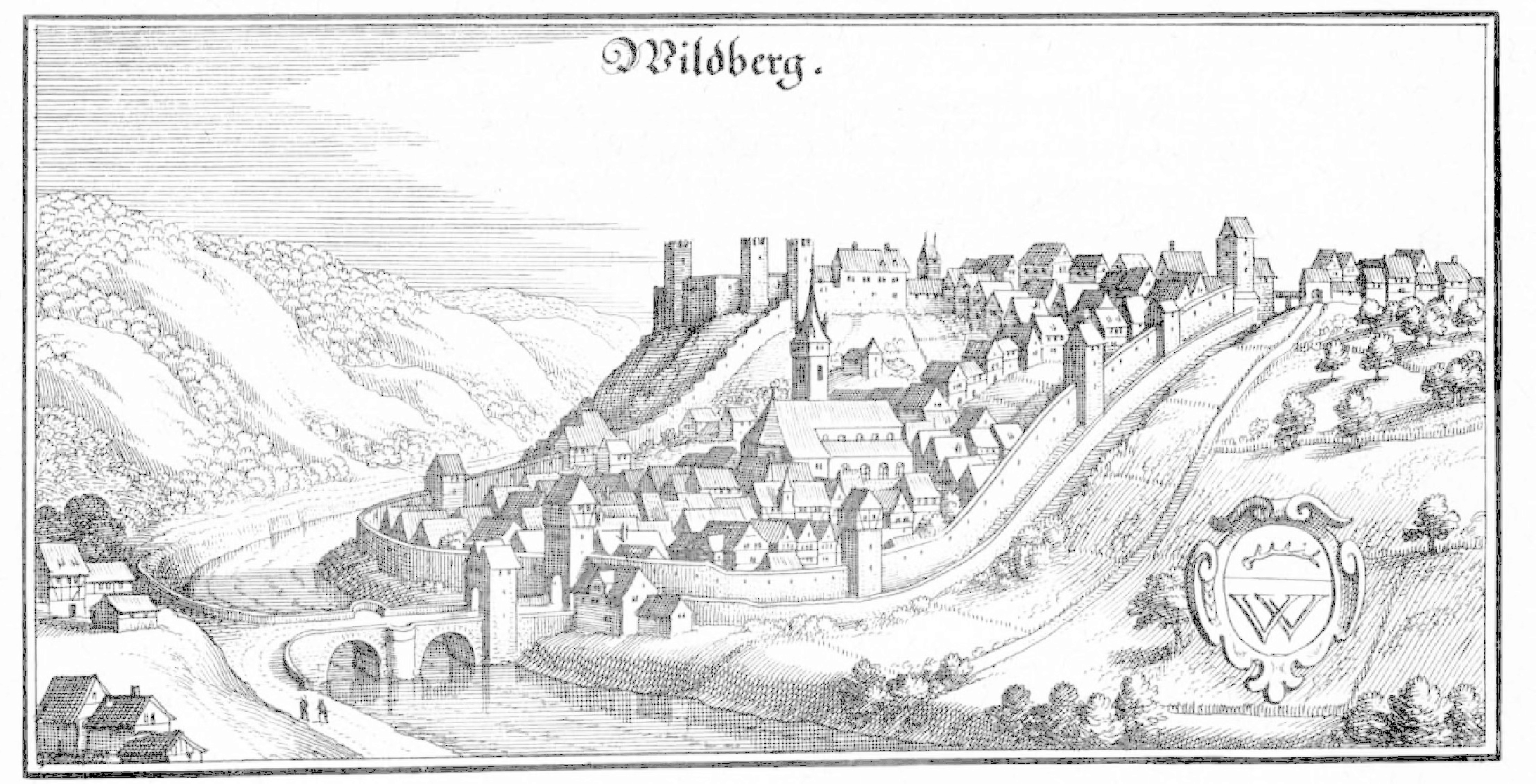





About the Project
How do consumption, production and reproduction interact to improve
human well-being? The project addresses this question by exploring the
theory of the ‘Industrious Revolution’ – the idea that after about 1650
Europeans shifted time out of leisure and household production into
market work and consumption, thereby preparing the way for modern
economic growth.
The theory is supposed to apply to all of
We aim to add substance to the Industrious Revolution by focussing
on a Central European economy (the southwest German
The project thus aims to explore the determinants of changes in
human well-being over three centuries by bringing to bear new evidence,
new methods, and new conceptual tools. In so doing, it hopes to address
open questions about the long-term interrelationships between
consumption, work, demographic outcomes, and human well-being.
The project is generously supported, as Research Grant RES-062-23-0759, by the Economic and Social Research Council (ESRC).
Longer Outline of the Project





